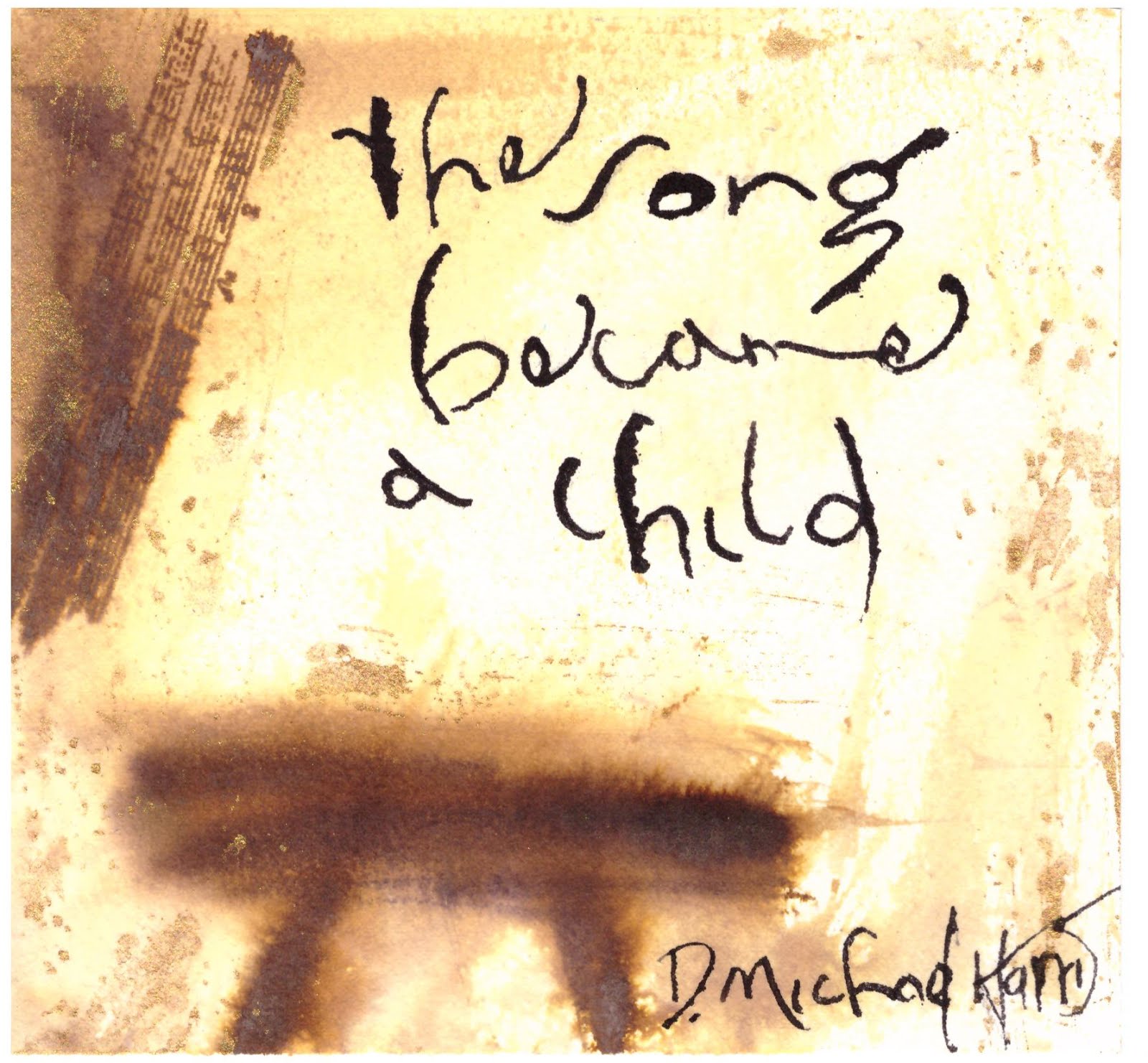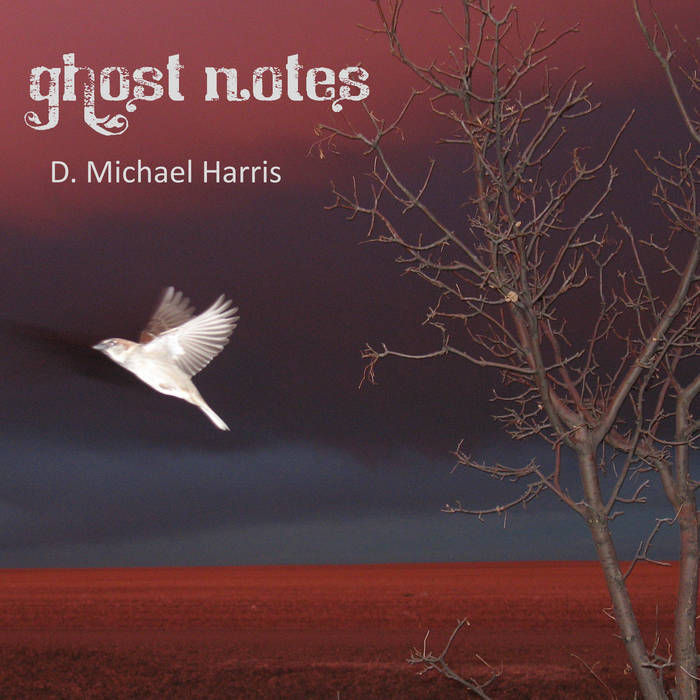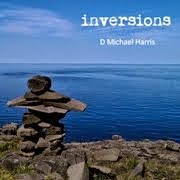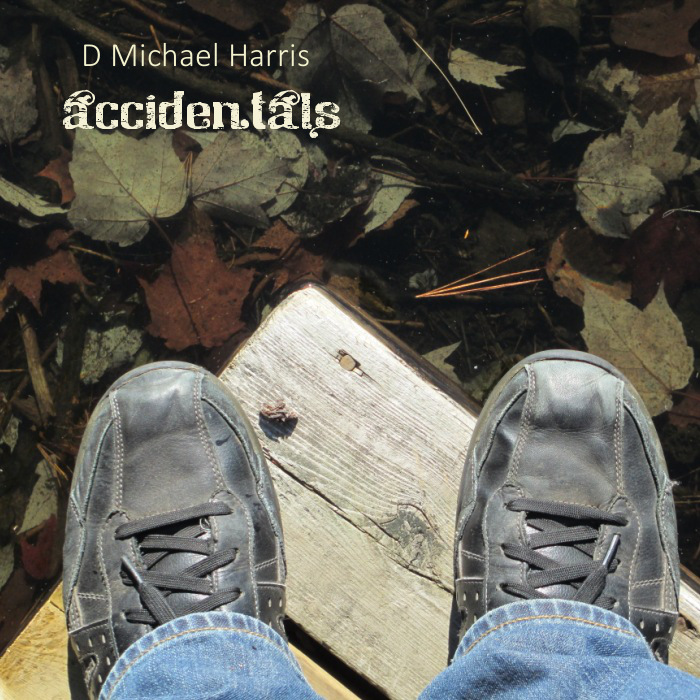<<< previous post
Because Tom Hanks went on to enjoy block-buster success in iconic dramatic roles like Apollo 13 and Forrest Gump, it’s easy to forget the fact that he actually got his start in comedies. His first lead role, of course, was in the quirky 1984 romantic comedy, Splash! After that came the raunchy sex comedy, Bachelor Party, then the bizarre comedy-as-spy-thriller, The Man with One Red Shoe. His first dramatic role didn’t come until 1986, when he played an advertising executive estranged from his philandering father, in Jacky Gleason’s final movie, Nothing in Common. He also did an obscure World War II film called Every Time We Say Goodbye, in 1986, but these dramatic efforts were all eclipsed by the movie that made him a household name, 1988s Big.
Tom Hanks’ career in dramatic roles didn’t begin in earnest until 1993, when he starred in both the whimsical romance,
Sleepless in Seattle and the poignant legal drama,
Philadelphia. He would follow those up in 1994 with
Forrest Gump and
Apollo 13, krazy-gluing his name to the dramatic roles and epic biopics that would turn him into an icon. But in the decade leading up to those monumental dramas, Hanks starred in 15 films, 11 of which were comedies.
I feel there is something profoundly fitting in this fact, that one of Hollywood’s most recognizable dramatic actors got his start playing comedic roles. In retrospect, many of these films seem rather cringeworthy today (like 1985s
Volunteers). A few of them are blush-inducing (like 1984s
Bachelor Party). And almost none of them have aged especially well.
Dragnet (1987) trades primarily on juvenile sexual humor;
The Bonfire of the Vanities (1990) is almost unwatchable in the era of Black Lives Matter; and the plot of
Big (1988), when you dissect it, has all sorts of creepy implications that are probably best left unmentioned.
What is fascinating about this body of work
in total, however, is the way the development of Hanks’s career reflects the trajectory of cultural sensibilities from the 80s to the present time. Inasmuch the 80s, as a decade, was emerging from the sexual liberation and drug experimentation that shook American culture in the 60s and 70s, it was, in many ways, a decade of hedonistic abandonment and easy joviality. The Vietnamese war had ended, the era of the personal computer was dawning, and the possibilities, it seemed were endless. Comedies in the 80s were willing to laugh at male sexcapades that today we would frown upon (I think rightly) as misogynistic; they were willing to make jokes about ethnic differences between people that today would be censured (again, I think rightly) as xenophobic.
The era of the 80s matured into the brooding, grungy 90s, of course, with its burgeoning social consciousness and its rejection of the glam, the glitz and the glare of the 80s aesthetic. Then, in the 2000s we faced the Y2K scare, the horrors of 9/11, the Gulf War, the War on Terror, and the first tangible, unignorable signs that the climate disaster they’d been warning us about for years might really be upon us.
Then came: #MeToo, BLM, Covid-19, I Can’t Breathe, MAGA, January 1st.
Some 40 years after Tom Hanks first starred as the star-struck lover in
Splash! it almost seems quaintly
naïf, the ease with which that film, back then, makes jokes about a prebuescent boy trying to sneak a peak at some women’s panties (per the opening scene of the film). And it
would seem quaint, perhaps, if it didn’t also seem so grimly misogynistic and objectifying.
What is interesting, though, is that even as American culture was forming its conscience over these last four decades, Tom Hanks was gradually getting out of the comedy business, and stepping into much more dramatic, socially aware, culturally responsible roles. It started small, with a movie about women who could play baseball as well as any man, then the one about the gay man who was unjustly fired from his job, then the one about the band of duty-bound soldiers trying to save a US private named Ryan.
I find Hanks's filmmaking trajectory especially interesting because in literary terms, comedy is far more than just a story that makes you laugh. Northrop Frye, one of the 20th Century’s most respected literary critics, famously pointed out that what makes a story a comedy is the trajectory it follows, starting from a place of “old order”—structure and established tradition—descending into chaos where the old order is shaken, disrupted, and inverted—and emerging on the other side with a “new order” established, the old order subverted and done away with, and the new revealed to the great delight of all.
If Northrop Frye was on to anything with this general sketch of the comic archetype, it seems to me that Tom Hanks’ filmography follows something like a comic trajectory. It begins with the easy hedonism of the 80s—the “old order,” in which men and women had quite distinctly defined roles, so clearly defined that no one would hesitate to laugh at a joke about a man sexually mistreating a woman. In this “old order,” too, ethnic groups were easily slotted and categorized according to any number of unquestioned racial stereotypes and prejudices—so “easily,” in fact, that a film like
Volunteers or
The Bonfire of the Vanities could be made without anyone batting an eye.
Somewhere around the making of
A League of Their Own, however, you see Hanks’s filmmaking descend into—not exactly comic chaos, necessarily, but certainly a chaotic exploration of these prejudices and assumptions, a shaking of this “old order” through a series of films that start to ask if there might be a different way to think about relationships between men and women, or people of different ethnic backgrounds, or sexual minorities.
Not that Tom Hanks’s films are marked by any distinct social consciousness. What I am describing, instead, is the growing social conscience of the culture beginning to seem into the movies he was making, as he started to take on more and more dramatic roles. Many of these later films still had strongly comic elements, certainly, but we begin to see a clear attempt to handle the comedy more responsibly, emerging in his films somewhere around 1993.
At the risk of reading far too much into the filmography of Tom Hanks, it makes me wonder what “new order” will emerge, in the coming years, from all the cultural questioning and political correcting we’ve seen over the last many decades. And if a new order does indeed emerge from chaos we’re going through, how will that, too, be reflected in the films of so prolific an actor as Tom Hanks (assuming, of course, that he is still making films when whatever it is we’re marching towards finally comes into view)?
I probably have read too much, here, into the lifework of an actor whose primary claim to fame, probably, is how truly innocuous his movies tend to be. However, at the risk of grossly over doing it, I will point out that Northrop Frye, the same critic who said that “real” comedy is about the trajectory from “old order,” through “chaos” to “new order,” he also suggested that the truest “comedy” we have is, in fact, the story told by the sacred book of the Christian faith: the Bible.
Because it describes an epic spiritual journey from an “old order” of sin and death and inevitable law, through a cross-shaped chaos to a new order—indeed, a new creation—on the other side, Frye suggested, the Bible may actually contain the most genuinely comic tale ever told.
If it's true, then perhaps Tom Hanks has unwittingly given us a small, imperfect analogy for the Good Book, in his own 4-decade-long journey from old to new order through a kind of filmmaking chaos.






























